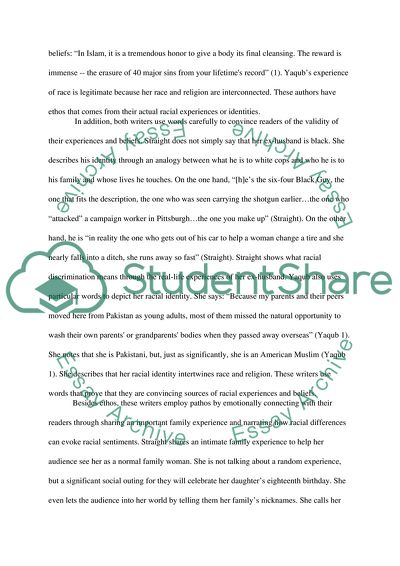Cite this document
(“Race and Identity in Straights Travels with My Ex and Yaqubs The Essay”, n.d.)
Retrieved from https://studentshare.org/literature/1692946-race-and-identity-in-straights-travels-with-my-ex-and-yaqubs-the-washing
Retrieved from https://studentshare.org/literature/1692946-race-and-identity-in-straights-travels-with-my-ex-and-yaqubs-the-washing
(Race and Identity in Straights Travels With My Ex and Yaqubs The Essay)
https://studentshare.org/literature/1692946-race-and-identity-in-straights-travels-with-my-ex-and-yaqubs-the-washing.
https://studentshare.org/literature/1692946-race-and-identity-in-straights-travels-with-my-ex-and-yaqubs-the-washing.
“Race and Identity in Straights Travels With My Ex and Yaqubs The Essay”, n.d. https://studentshare.org/literature/1692946-race-and-identity-in-straights-travels-with-my-ex-and-yaqubs-the-washing.


